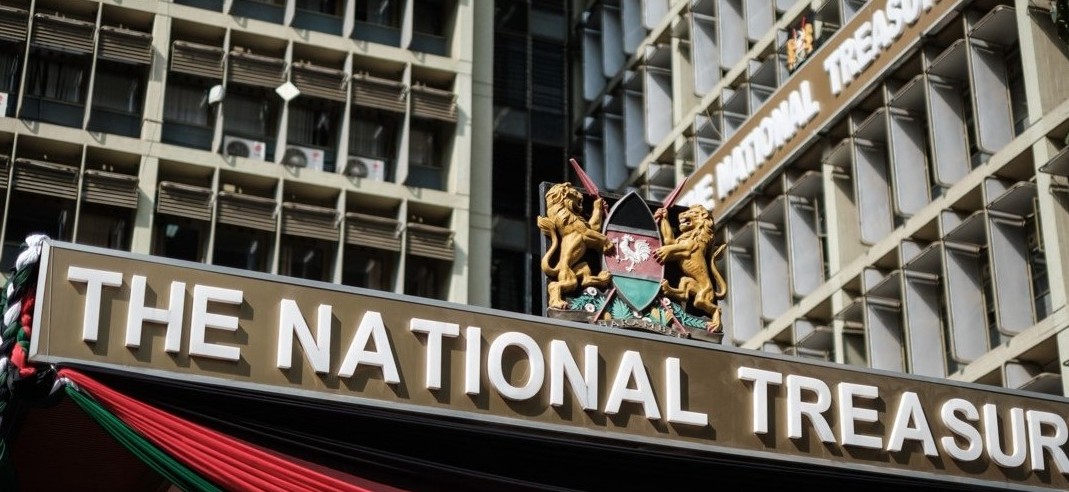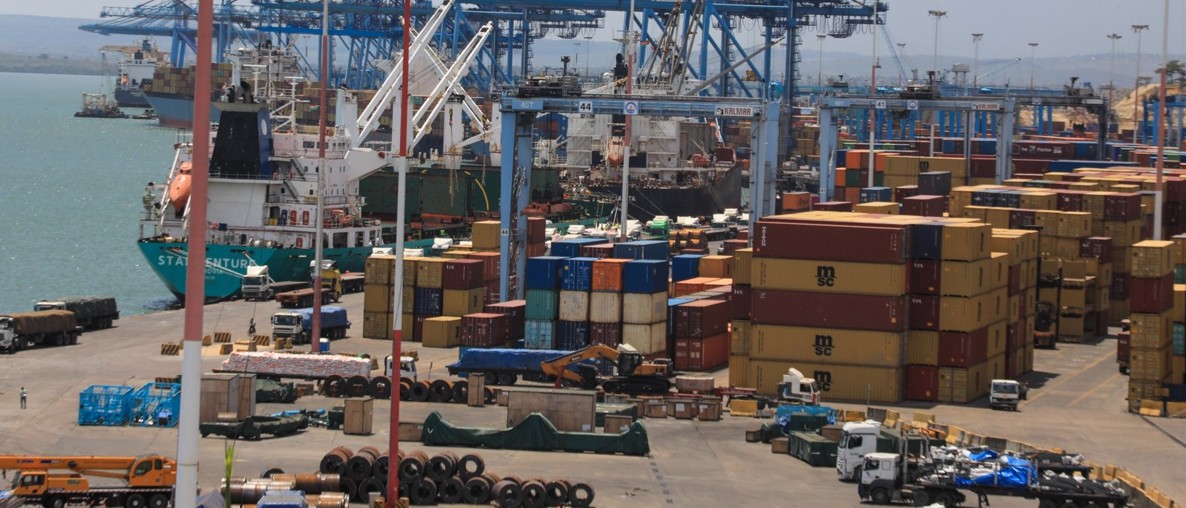Treasury moves to protect investors from repaying Sh6bn VAT exemptions

The legislation, which came into effect on December 27, 2024, lacked a transitional clause to shield businesses that had already been granted the exemptions, exposing them to potential demands for repayment of the tax reliefs.
The National Treasury is seeking to amend a law to protect investors from being forced to repay Sh6 billion in VAT exemptions, following a drafting error in the Tax Laws (Amendment) Act, 2024.
The legislation, which came into effect on December 27, 2024, lacked a transitional clause to shield businesses that had already been granted the exemptions, exposing them to potential demands for repayment of the tax reliefs.
More To Read
- Government eyes handing NTSA’s smart driving licence programme to private investor
- Government sets 14-day deadline to end student bursary delays nationwide
- Treasury: Kenya can no longer rely on taxes or borrowing for big infrastructure projects
- World Bank warns political interference weakening Kenya’s state-owned enterprises
- Bill targets unsafe pesticide sales on online platforms
- Treasury CS John Mbadi defends ballooning State House budget
According to the Treasury, the omission of the transitional clause in the Tax Laws (Amendment) Act now puts investors who benefited from the exemptions in jeopardy, unless Parliament steps in to correct the mistake.
The amendment is being pursued through the VAT (Amendment) Bill, 2025, which is currently before the Finance and National Planning Committee of the National Assembly for stakeholder input.
“The first schedule to the VAT Act is amended in paragraph 146 of part 1 by deleting the words 12 months after this date and substituting, therefore, the words 12 months from the date of the commencement of the Act,” reads a proposal in the VAT (Amendment) Bill 2025, sponsored by Leader of Majority in Parliament Kimani Ichung’wah.
The Tax Laws (Amendment) Act, 2024, revised the first schedule of the VAT Act to allow exemptions only for investments whose value is not less than Sh2 billion.
However, the law also included a clause that reads: “provided the exemption was granted before January 1, 2024 and shall continue to apply for 12 months after this date,”—a provision that the Treasury now acknowledges was applied retrospectively, sparking legal ambiguity.
Already, members of the Finance Committee and the Institute of Certified Public Accountants of Kenya (ICPAK) have expressed concerns that the affected investors may be forced to refund the exemptions unless transitional arrangements are put in place.
“I am still at a loss as to how and why the law was applied retrospectively. Does it not imply that those who got the exemptions will be compelled to a payback?” Homa Bay Town MP Peter Kaluma posed during a committee session.
The push to fix the legal gap comes amid a backdrop of stagnation in Kenya’s manufacturing sector.
The 2024 Economic Survey by the Kenya National Bureau of Statistics reported that the sector registered only a two per cent growth in 2023, a drop from 2.6 per cent in 2022.
Additionally, its contribution to the Gross Domestic Product (GDP) has steadily declined—from 10 per cent in 2013 to 7.6 per cent in 2023, marking a 29 per cent reduction over the past decade.
Top Stories Today
















































